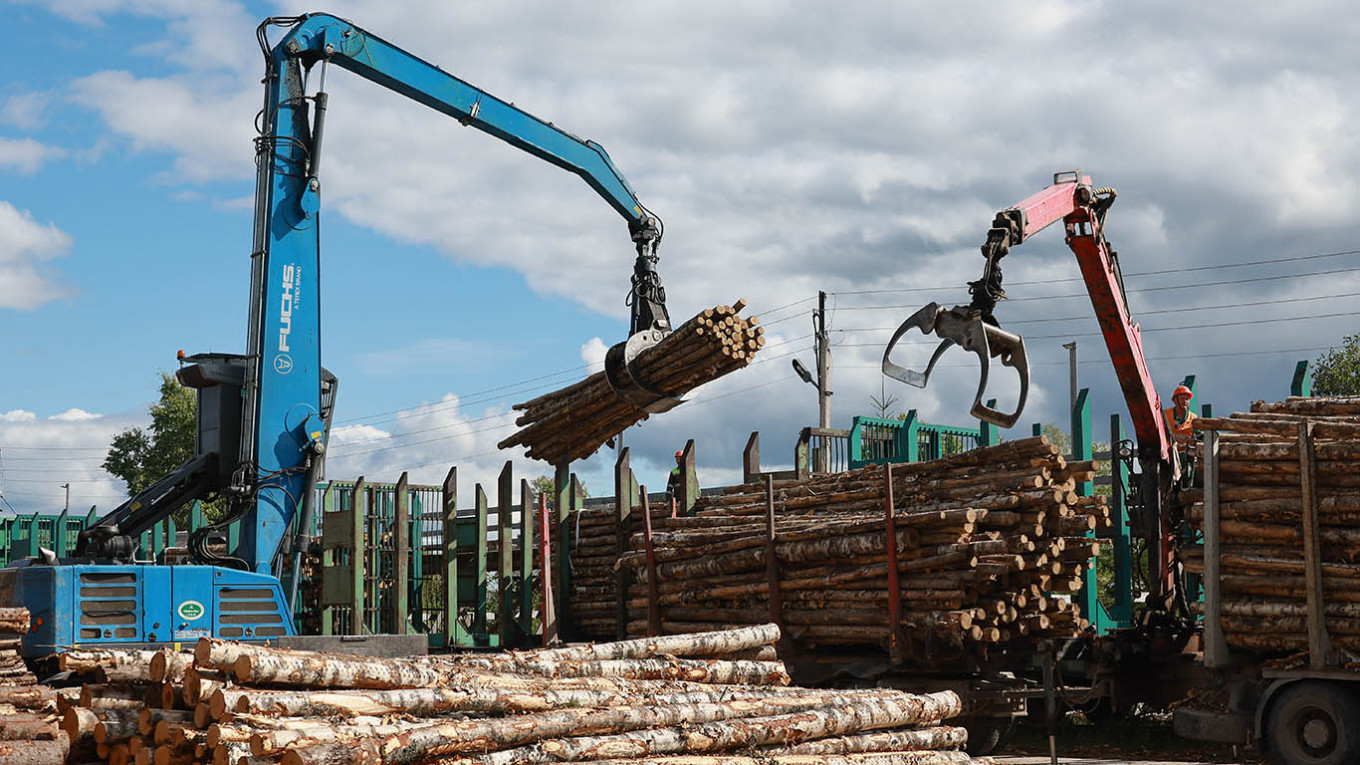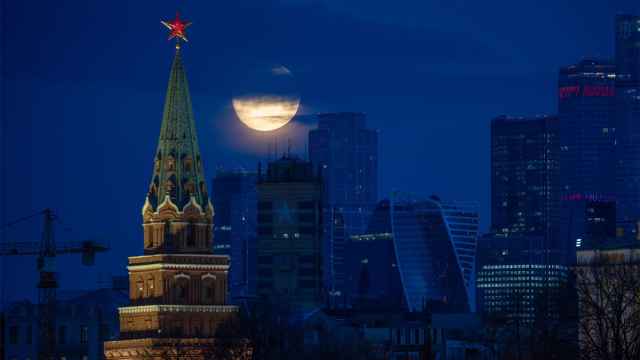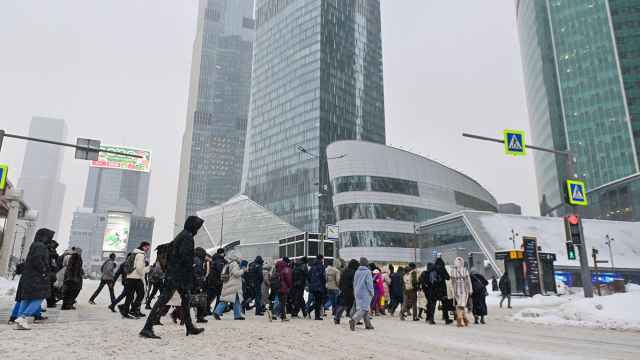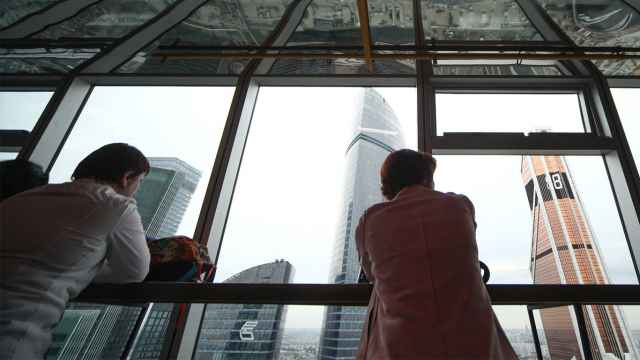Russia’s timber industry is warning of widespread production shutdowns as the sector reels from Western sanctions, declining demand and a surging ruble that has battered the country’s export competitiveness.
In a letter to Industry and Trade Minister Denis Manturov reviewed by the Kommersant business daily, the Russian Association of Organizations and Enterprises of the Pulp and Paper Industry described the current moment as one of the industry’s most difficult periods in modern history.
Industry data show that timber harvesting fell 13% in 2024 compared with pre-war levels in 2021, lumber production dropped 11% and plywood output declined 23%.
Even pulp production, one of the sector’s more stable outputs, decreased by 3%.
Major industry players including Segezha Group and ULK Group have been restructuring loans over the past two years in response to falling output, sliding prices and soaring costs.
But the situation has continued to deteriorate, especially within the export-heavy pulp and paper sector. Sanctions imposed by the West in response to the war in Ukraine have effectively cut off access to the European market, traditionally one of Russia’s largest buyers of timber products.
At the same time, the strengthening ruble has made Russian exports less competitive abroad, further shrinking revenue for producers already struggling to adjust to new global trading conditions.
Compounding the problem is the Central Bank’s steep 20% key interest rate along with a hike in the profit tax rate from 20% to 25%, measures aimed at stabilizing the broader economy that have inadvertently tightened the screws on manufacturers.
“There is no market for products such as pellets, roundwood or wood chips, and lumber prices are in continual decline,” said Vladimir Butorin, CEO of ULK Group, told Kommersant.
In addition to export woes, the industry is also confronting weak domestic demand and fading prospects in China, traditionally a fallback market for Russian timber.
Executives say China’s ongoing trade tensions with the U.S. and a prolonged slump in the country’s construction sector have sharply reduced buying activity.
Segezha Group representatives told Kommersant that companies are suffering from “export complications, construction sector challenges, diminishing demand, higher logistics costs and declining operational efficiency.”
The industry leaders’ letter calls on the government to create an emergency operations center within the Industry and Trade Ministry to monitor the sector and develop stabilization measures.
Economist Denis Kondratyev said that while the strong ruble may be a sign of macroeconomic resilience, it is crippling Russia’s exporters.
“A strong ruble damages export opportunities by making shipments less attractive and raising the cost of products in foreign markets,” he said.
He also noted that rising imports, even amid sanctions, are placing further pressure on domestic producers struggling to stay afloat.
Kondratyev argued that government protectionist policies are necessary, including restricting imports in the domestic market.
A Message from The Moscow Times:
Dear readers,
We are facing unprecedented challenges. Russia's Prosecutor General's Office has designated The Moscow Times as an "undesirable" organization, criminalizing our work and putting our staff at risk of prosecution. This follows our earlier unjust labeling as a "foreign agent."
These actions are direct attempts to silence independent journalism in Russia. The authorities claim our work "discredits the decisions of the Russian leadership." We see things differently: we strive to provide accurate, unbiased reporting on Russia.
We, the journalists of The Moscow Times, refuse to be silenced. But to continue our work, we need your help.
Your support, no matter how small, makes a world of difference. If you can, please support us monthly starting from just $2. It's quick to set up, and every contribution makes a significant impact.
By supporting The Moscow Times, you're defending open, independent journalism in the face of repression. Thank you for standing with us.
Remind me later.






